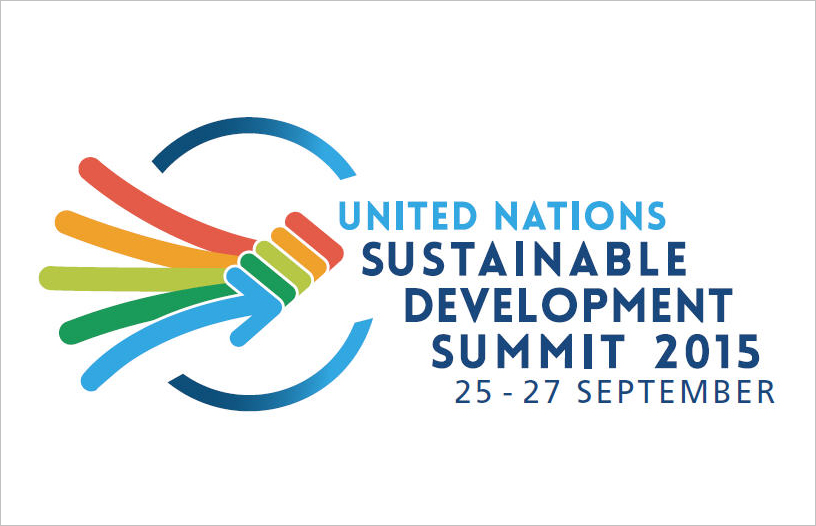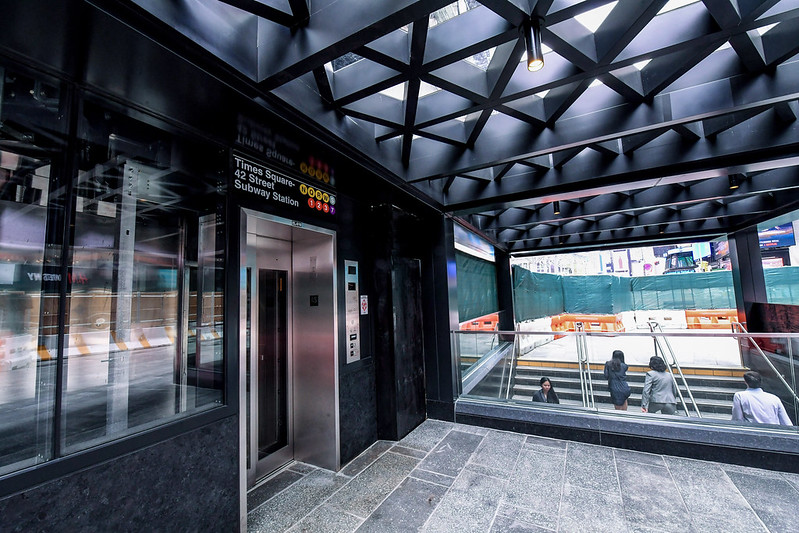
Photo: United-Nations-Sustainable-Development-Summit-2015
UN adopts Sustainable Development Goals pledging to transform global cities
28 September 2015
by Tom Teodorczuk
World leaders at the three-day United Nations special summit in New York ratified the Sustainable Development Goals which pledge to end poverty, reduce inequality and address climate change with cities at the heart of the bold 15-year global plan of action.
One hundred and ninety-three UN member states embraced “Transforming our world: the 2030 Agenda for Sustainable Development” with the SDGs coming into effect on 1 January 2016. They replace the Millennium Development Goals (MDGs) which arose out of the 1992 Earth Summit in Rio de Janeiro.
While the MDGs contained no goal dedicated to cities, one of the SDGs- Goal 11– directly addresses cities, pledging to “make cities and human settlements inclusive, safe, resilient and sustainable”.
Ban Ki-moon, UN Secretary General, hailed the adoption of the SDGs as a transformative event in urban life. He said:”We have reached a defining moment in human history,” stating that the Goals amounted to a “promise by leaders to all people everywhere”.
Mr Ban added: “The true test of commitment to Agenda 2030 will be implementation” but called on UN member states to collaborate more effectively, warning: “No one can succeed working alone.”
Lars Løkke Rasmussen, Prime Minister of Denmark, the country which served as Co-Chair of the Summit along with Uganda, praised the MDGs, which arose out of the 1992 Earth Summit in Rio de Janiero. But he said they did not go far enough.
Prime Minister Rasmussen said: “The MDGs showed that certain targets can be met but the work is not done. Today marks the beginning of a new journey.” The SDGs, he added, offer “a more far sighted vision which require leadership and direction to achieve.”
The ratification of the SDGs at the global goals summit follows three years of negotiations to address economic growth, economic sustainability and social inclusion. They were led by German Chancellor Angela Merkel who equated the migration crisis with the efforts to reform climate change and reduce inequality.
She said: “We need a common vision of how to achieve de-carbonisation globally by the end of the century. It will be important for industrial countries [to keep pledges made at the UN framework conference in Copenhagen in 2009] to offer developing countries US$100 billion a year starting in 2020 for climate protection.”
Among other world leaders to specifically highlight cities at the UN summit were President Narenda Modi of India who declared: “We are reviving our manufacturing, improving our services sector, investing on an unprecedented scale in infrastructure and making our cities smart, sustainable and engines of progress.”
High-profile speakers at the sustainable development summit included Pope Francis who championed environmental rights. He said: “Any harm done to the environment, therefore is harm done to humanity. The ecological crisis, and the large-scale destruction of biodiversity, can threaten the very existence of the human species.”
The global goals summit also played host to performances by the musician Shakira and an address by James Bond actor Daniel Craig, the first UN global advocate for the elimination of mines and other explosive hazards.
Craig also highlighted Project Everyone, the public service campaign designed to raise the profile of global goals fronted by the film director Richard Curtis.
Robert Muggah, research director of the Igarapé Institute and the SecDev Foundation and John de Boer, senior policy advisor to the UNU Centre for Policy Research, who are presently overseeing a project on fragile cities in partnership with the UNU and the World Bank, have said the fate of the SDGs entirely rests on their engagement levels in cities.
Mr Muggah and Mr de Boer wrote in an article for the World Economic Forum’s website: “It is arguably the eleventh goal, SDG 11, and its promotion of safer, more inclusive and resilient cities that makes them genuinely revolutionary…the future success of the SDGs resides, in large part, in cities.
“The ability of nation states to tackle diverse global problems such as climate change, poverty and fragility will depend on how cities are equipped to meet these challenges. This is because cities account for at least 70 percent of total worldwide greenhouse gas emissions; are home to the majority of the world’s poor; and register higher homicide rates than rural areas. Many mayors already recognise this reality and are teaming up to share innovative and data-driven solutions.
“SDG 11 will embolden city leaders to develop practical solutions to problems that so often divided and paralysed their federal counterparts.”










